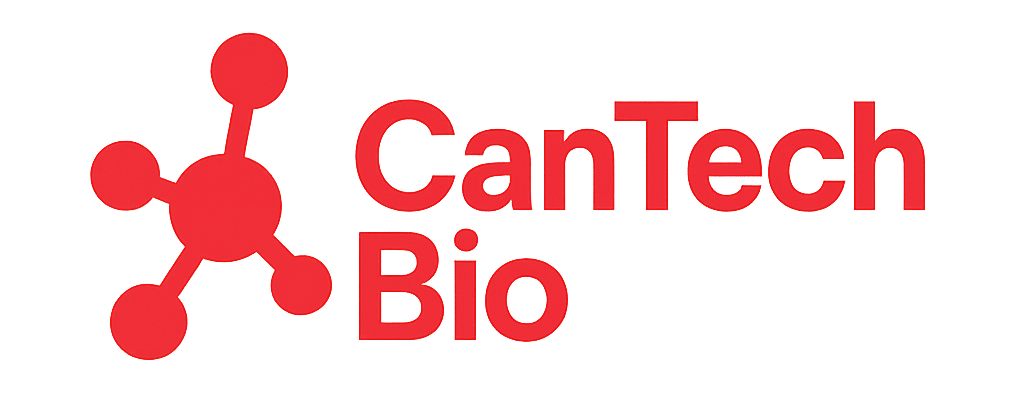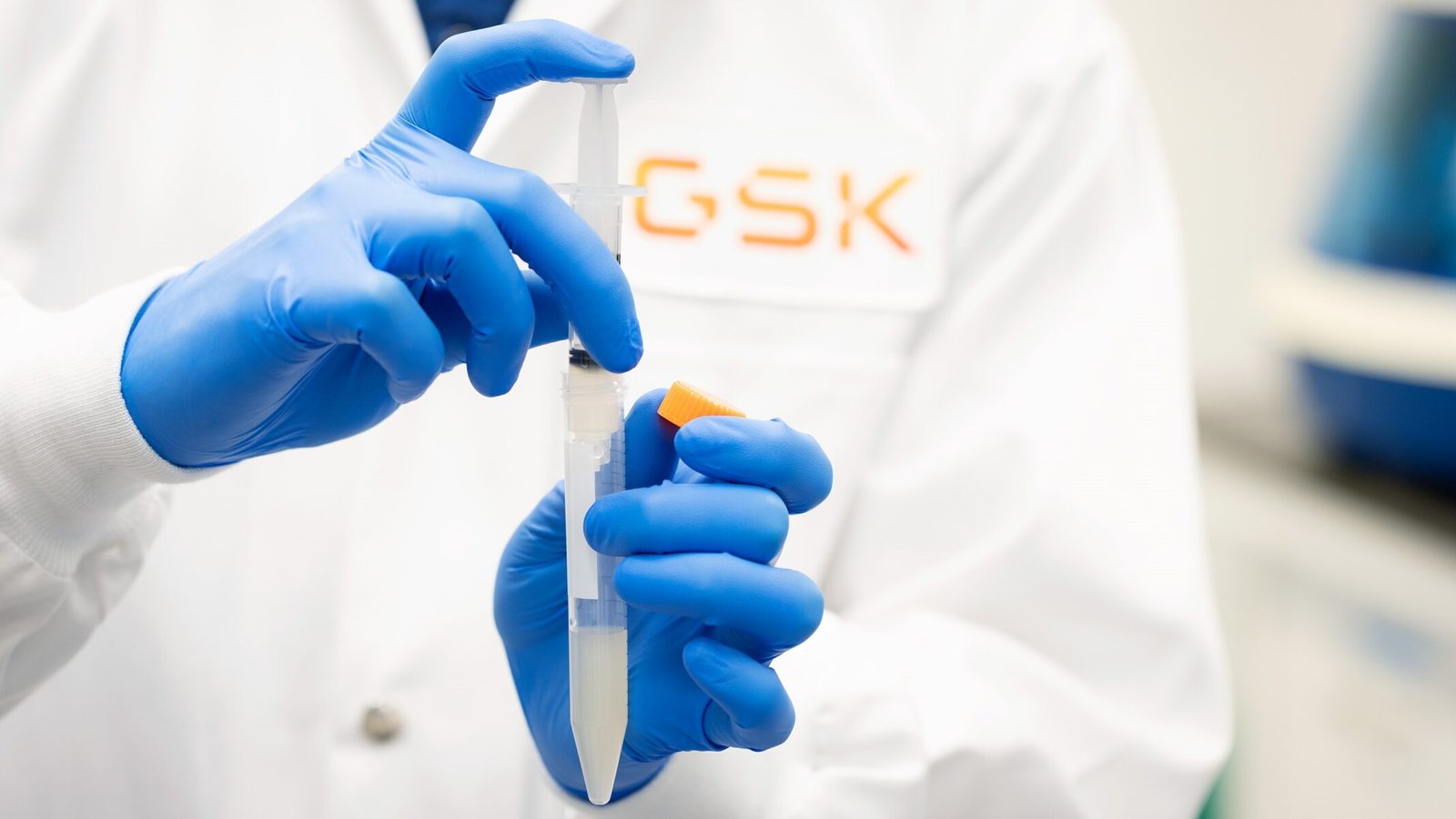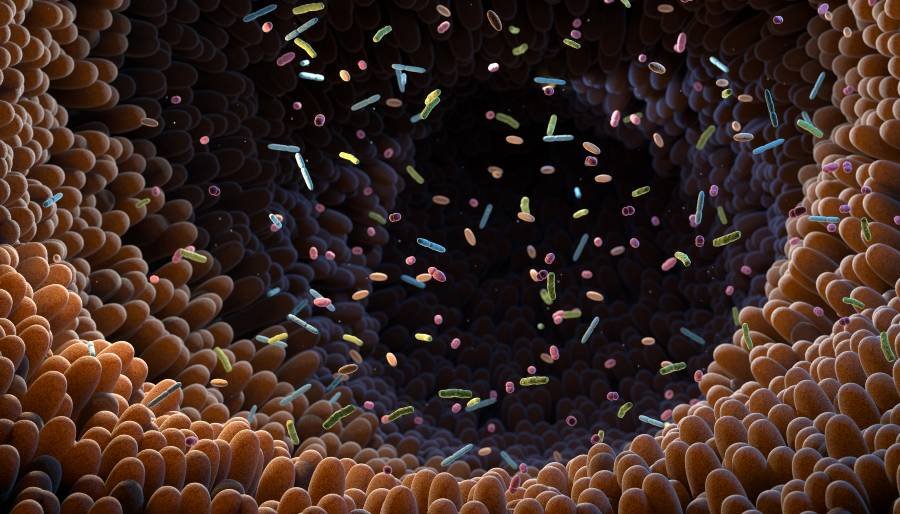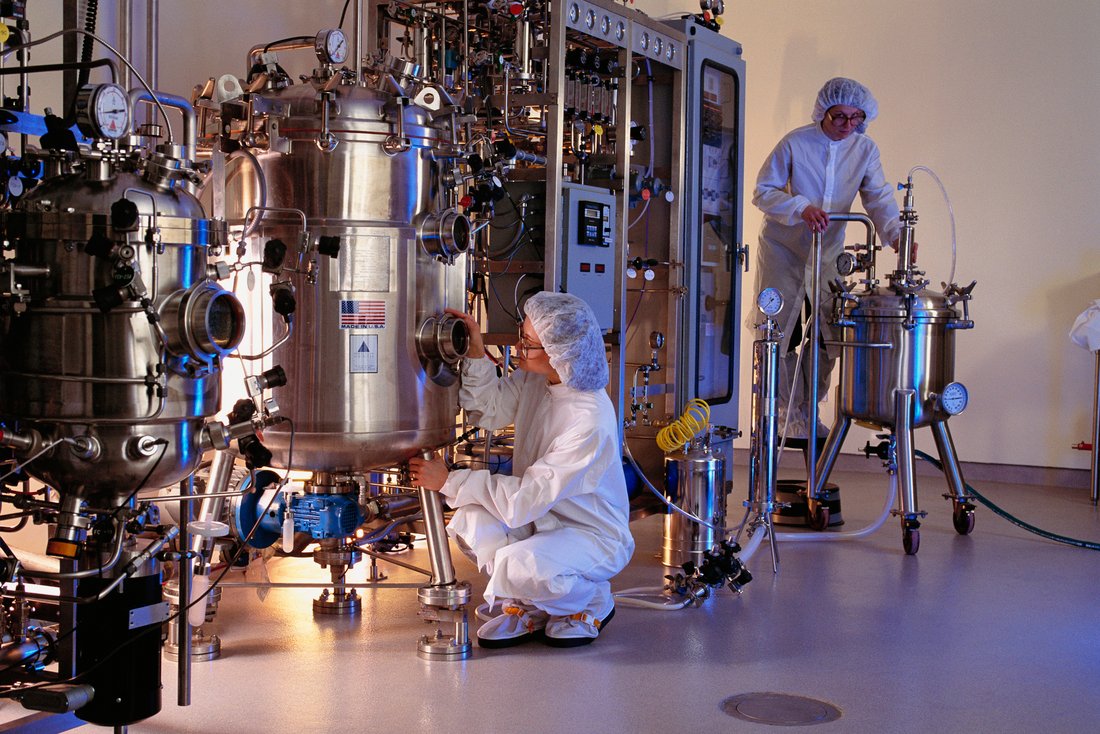GlaxoSmithKline (GSK) will partner with Hengrui Pharma to develop up to 12 treatments for indications in respiratory, immunology, and inflammation (RI&I) as well as oncology, through a collaboration that could generate up to $12.5 billion-plus for the Chinese pharma.
The collaboration consists of agreements that include an exclusive license for HRS-9821, a PDE3/4 inhibitor in clinical development as an add-on maintenance treatment for chronic obstructive pulmonary disease (COPD), irrespective of background therapy. The license would apply worldwide, except for China, Hong Kong, Macau, and Taiwan.
By adding HRS-9821 to its pipeline, GSK reasons that the drug will help achieve the company’s goal of offering treatments across the widest spectrum of COPD, including in patients who face continued shortness of breath, or who are unlikely to receive inhaled corticosteroids or biologics, based on their disease profile.
Developing HRS-9821 would also potentially grow GSK’s COPD portfolio, which expanded in May when GSK won FDA approval for Nucala® (mepolizumab), an add-on maintenance treatment for adults with inadequately controlled COPD and an eosinophilic phenotype. According to GSK, Nucala is the only approved biologic evaluated in patients with an eosinophilic phenotype characterized by a blood eosinophil count (BEC) threshold as low as ≥150 cells/µL.
In addition, HRS-9821 offers the potential for administration via a dry-powder inhaler (DPI) formulation that complements GSK’s established inhaled portfolio. That inhaled portfolio includes another COPD maintenance treatment, Trelegy Ellipta® (fluticasone furoate, umeclidinium, & vilanterol).
Earlier this month, Hengrui announced having won approval from China’s National Medical Products Administration (NMPA) to begin clinical trials assessing the inhalation powder form of HRS-9821.
According to Hengrui and GSK, HRS-9821 has shown potent PDE3 and PDE4 inhibition, leading to increased bronchodilation and anti-inflammatory effects in early clinical and preclinical studies.
“This deal reflects our strategic investment in programs that address validated targets, increasing the likelihood of success, and with the option to advance those assets with the greatest potential for patient impact,” Tony Wood, GSK’s chief scientific officer, said in a statement.
Scaled collaboration
The agreements between GSK and Hengrui also include a scaled collaboration to generate up to 11 programs in addition to HRS-9821, each with its own financial structure. All 12 programs have been evaluated for their potential best- or first-in-class profiles, GSK and Hengrui said.
“GSK brings additional R&D expertise, a robust global clinical network, and broad regulatory capabilities that will accelerate our PDE3/4 inhibitor as well as an array of other innovative therapy programs to overseas markets, potentially delivering breakthrough treatments to patients globally,” stated Frank Jiang, executive vice president and chief strategy officer of Hengrui Pharma.
Investors appeared supportive of the collaboration, as Hengrui shares on the Shanghai Stock Exchange rose 10% today, to a four-year high of CNY 62.04 ($8.64). GSK shares on the London Stock Exchange closed at GBX 1,398 (£13.98 or $18.67), up 0.39%.
Hengrui will lead the development of these programs up to completion of Phase I trials, including patients outside of China. GSK will then have the exclusive option to further develop and commercialize each program in most of the world—except China, Hong Kong, Macau, and Taiwan—at the end of Phase I or earlier at GSK’s election as well as specified program substitution rights.
GSK has agreed to pay Hengrui $500 million upfront and up to approximately $12 billion tied to achieving development, regulatory, and commercial milestones. Hengrui will also be eligible to receive tiered royalties on global product net sales in most of the world, except China, Hong Kong, Macau, and Taiwan.
The license to HRS-9821 is subject to customary conditions that include regulatory agency clearances under the Hart-Scott-Rodino Act in the U.S.
Hengrui is the latest Chinese company with which GSK has partnered over the past year in collaborations potentially exceeding $1 billion. In December, the pharma giant signed an exclusive option for a license from DualityBio to develop and commercialize one of its antibody drug conjugates (ADCs), DB-1324, against a gastrointestinal cancer target in most of the world except China, Hong Kong, Macau.
In that deal, GSK agreed to pay DualityBio $30 million upfront plus additional unspecified milestone payments to obtain an exclusive option for DB-1324. Should GSK exercise the option, DualityBio will receive an option exercise fee plus development, regulatory, and commercial milestone payments totaling up to $975 million.
In December 2023, GSK agreed to exclusively license Hansoh Pharma’s HS-20093, a B7-H3 targeted ADC using a clinically validated topoisomerase inhibitor (TOPOi) payload, worldwide except China, Hong Kong, Macau, and Taiwan. HS-20093 appealed to GSK because it had shown promising initial clinical activity in lung cancer, as well as the potential to address unmet medical need in broader solid tumor forms of cancer.
GSK agreed to pay Hansoh $185 million upfront and up to $1.525 billion in milestones for HS-20093, plus tiered royalties on global net sales in the regions covered by the agreement.
Hengrui has been publicly traded since listing on the Shanghai Stock Exchange’s main board in 2000. In May, Hengrui completed a HK$9.89 billion ($1.26 billion) initial public offering on the Hong Kong Stock Exchange.
The post GSK, Hengrui Focus on Cancer, Respiratory Diseases, I&I in Up-to-$12.5B Collaboration appeared first on GEN – Genetic Engineering and Biotechnology News.




